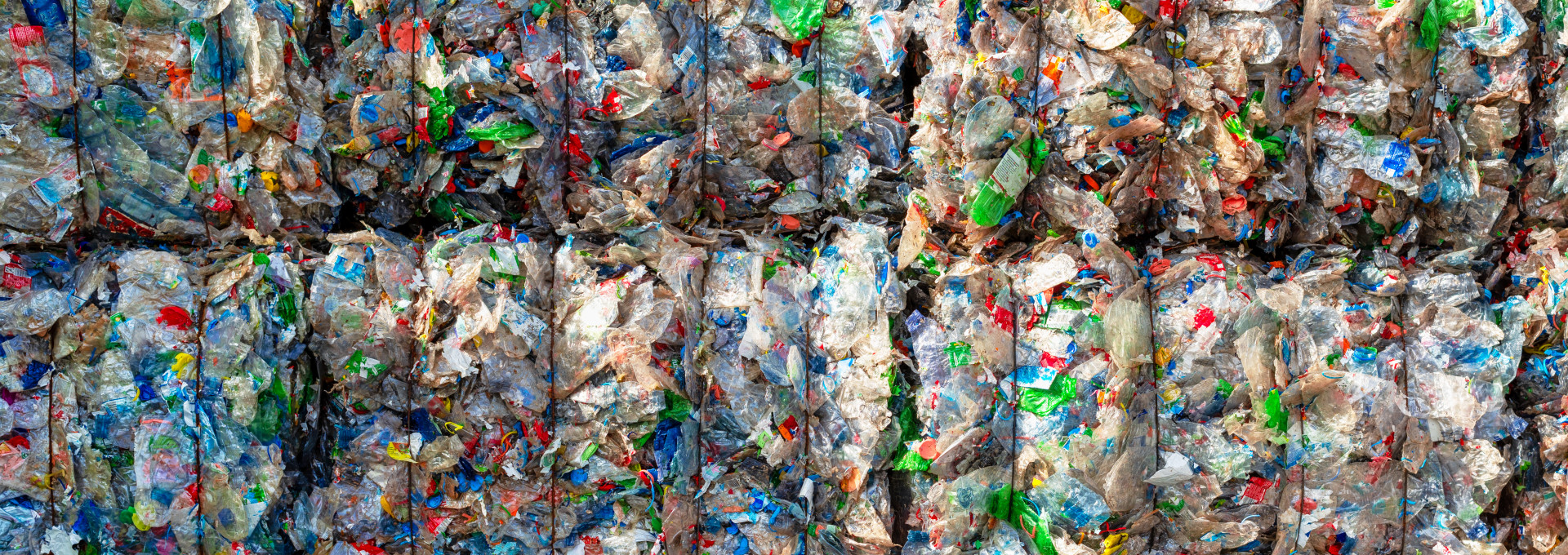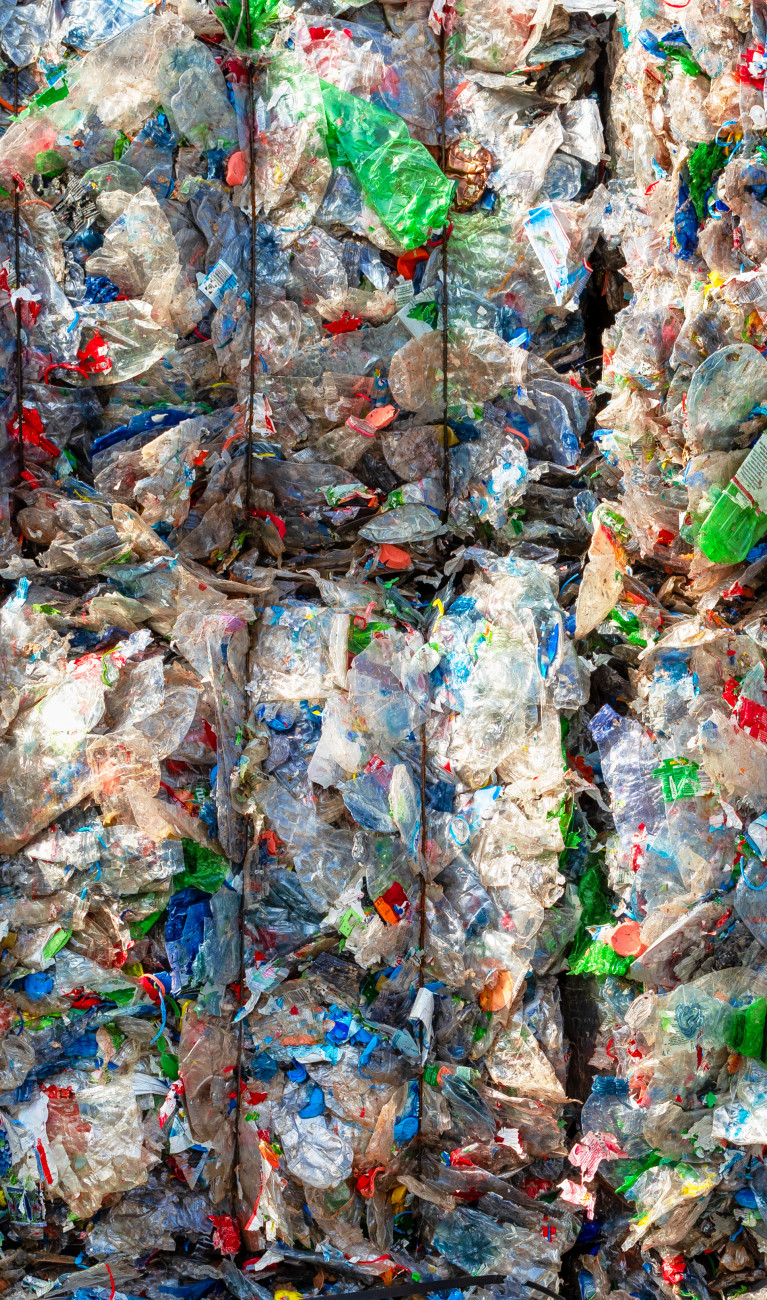



Researchers are looking for bacteria that can digest plastics, and for ways to exploit this capability. Could that solve our plastic problem?
Plastics rot very slowly. Once they get into the environment, they can persist there for years or even centuries. But around the world, scientists are studying microorganisms that can decompose plastics. For example, in 2016, Japanese researchers identified a bacterium that can use PET (polyethylene terephthalate), the stuff of plastic bottles, as its main source of food. And according to a Dutch study, the bacterium Rhodococcus ruber also enjoys certain plastics. Some bacteria living in lakes even seem to prefer dissolved plastic residues to their natural food.
The ability of certain bacteria to decompose plastics and grow on them also has technical applications. At Forschungszentrum Jülich, for example, researchers are investigating how bacteria convert plastic residues into useful raw materials. The group headed by biotechnology expert Nick Wierckx calls it bio-upcycling. “What we mean by that is we can change plastics into something completely different,” Wierckx says.To do that, they shred the plastic, mix it with water, and pre-treat it with chemicals. The bacterium Pseudomonas can grow in this plastic soup, producing molecules that in turn can act as building blocks for other synthetic materials such as adhesives. The process is not yet in industrial use.
The French start-up Carbios takes a different approach. It uses a bacterial enzyme (a substance microorganisms use to speed up chemical reactions) to completely recycle PET. So the first steps in fighting the plastic avalanche have been taken, but they are not likely to solve the problem completely. Researchers assume the bacteria will only find limited use, for example, in sewage treatment plants.